A Nigerian woman has been accused of child trafficking after entering the UK from Nigeria with a baby she falsely claimed to have given birth to, in a case that has drawn attention to the disturbing rise of so-called “baby factories” in West Africa.
The woman, referred to as Susan for legal reasons, was arrested at Gatwick Airport in summer 2024 after arriving with an infant, later named Eleanor, under suspicious circumstances. According to a Family Court ruling, DNA tests later confirmed that Susan was not the biological mother, prompting fears of a trafficking operation.
Susan, who had been living in West Yorkshire with her husband and children since June 2023, had previously told her GP she was pregnant. However, subsequent scans and blood tests disproved her claims, instead identifying a tumour, which she refused to treat. Despite medical evidence, she insisted she was pregnant, claiming her babies “are always hidden” on scans.
In June 2024, Susan travelled to Nigeria and later contacted her local hospital to report she had given birth. Upon her return to the UK a month later with Eleanor, Sussex Police arrested her on suspicion of trafficking. Though she was later released on bail, Family Court proceedings uncovered a complex web of fabricated stories, forged documents, and disputed evidence.
Two separate DNA tests confirmed that neither Susan nor her husband had any genetic link to the child. Susan then claimed she had conceived via IVF using donor sperm and eggs, offering documents, videos, and images allegedly from a Nigerian hospital. However, none of the photos showed her face, and the evidence was deemed unreliable by the court.
An independent investigation by social worker Henrietta Coker raised further doubts. Her visit to the clinics in Nigeria revealed there were no records of Susan’s treatment, and one of the clinics turned out to be a dilapidated apartment staffed by teenage girls in nurse uniforms. The doctor who signed the birth certificate admitted someone had given birth, but it was not Susan, adding that impersonation and baby purchases were common.
Coker noted the child may have come from a baby factory—illegal operations where young women, often victims of kidnapping and exploitation, are forced to give birth. She revealed that over 200 such operations had been shut down in Nigeria in the past five years.
Further investigation into Susan’s mobile phone revealed messages with a contact saved as “Mum oft Lagos Baby”, discussing “hospital items” and a “delivery drug” costing ₦3.4 million (approx. £1,700). The self-destructing messages were interpreted by authorities as evidence of a deal to acquire a child.
Family Court Judge Recorder William Tyler KC concluded that Susan and her husband had fabricated a false narrative, misled authorities, and caused emotional and psychological harm to Eleanor. In his ruling, he ordered that Eleanor be placed for adoption, stripping the couple of any parental claims.
“Susan and her husband were not the child’s parents,” the judge stated, emphasizing the importance of safeguarding the child.
Eleanor, now with a foster family, is said to be well-settled and receiving proper care. Once adopted, she will be granted British nationality and a new identity, though her true parentage may never be fully known.
This case mirrors a similar 2023 incident involving a man who falsely claimed paternity at Manchester Airport. Social worker Coker, who has worked on about a dozen such cases since the pandemic, believes this type of child trafficking is widespread across the Global South.
“Money is getting exchanged for children on a large scale,” she said.
The UK government has acknowledged these concerns. Since 2021, adoptions from Nigeria have been restricted due to repeated cases of fraud and abuse. Although mandatory DNA testing was once used to combat fraudulent parentage claims, it was discontinued in 2018 after legal advice declared it unlawful without consent.
Patricia Durr, CEO of ECPAT UK, a child protection and anti-trafficking charity, condemned the exploitation of children in immigration fraud.
“Every effort must be made to prevent these egregious crimes occurring,” she said.
A UK government spokesperson reiterated the country’s legal position:
“Falsely claiming to be the parent of a child to facilitate entry to the UK is illegal. Those found doing so will face the full force of the law.”
Read also:
Rita Dominic Stuns in Two Show-Stopping Outfits to Celebrate 50th Birthday

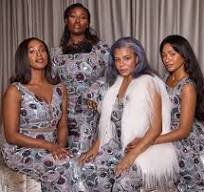


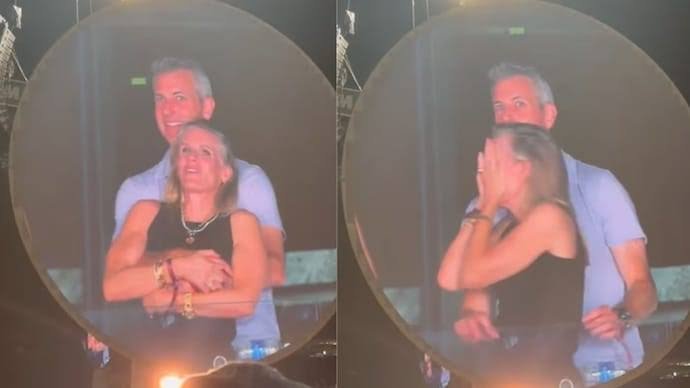



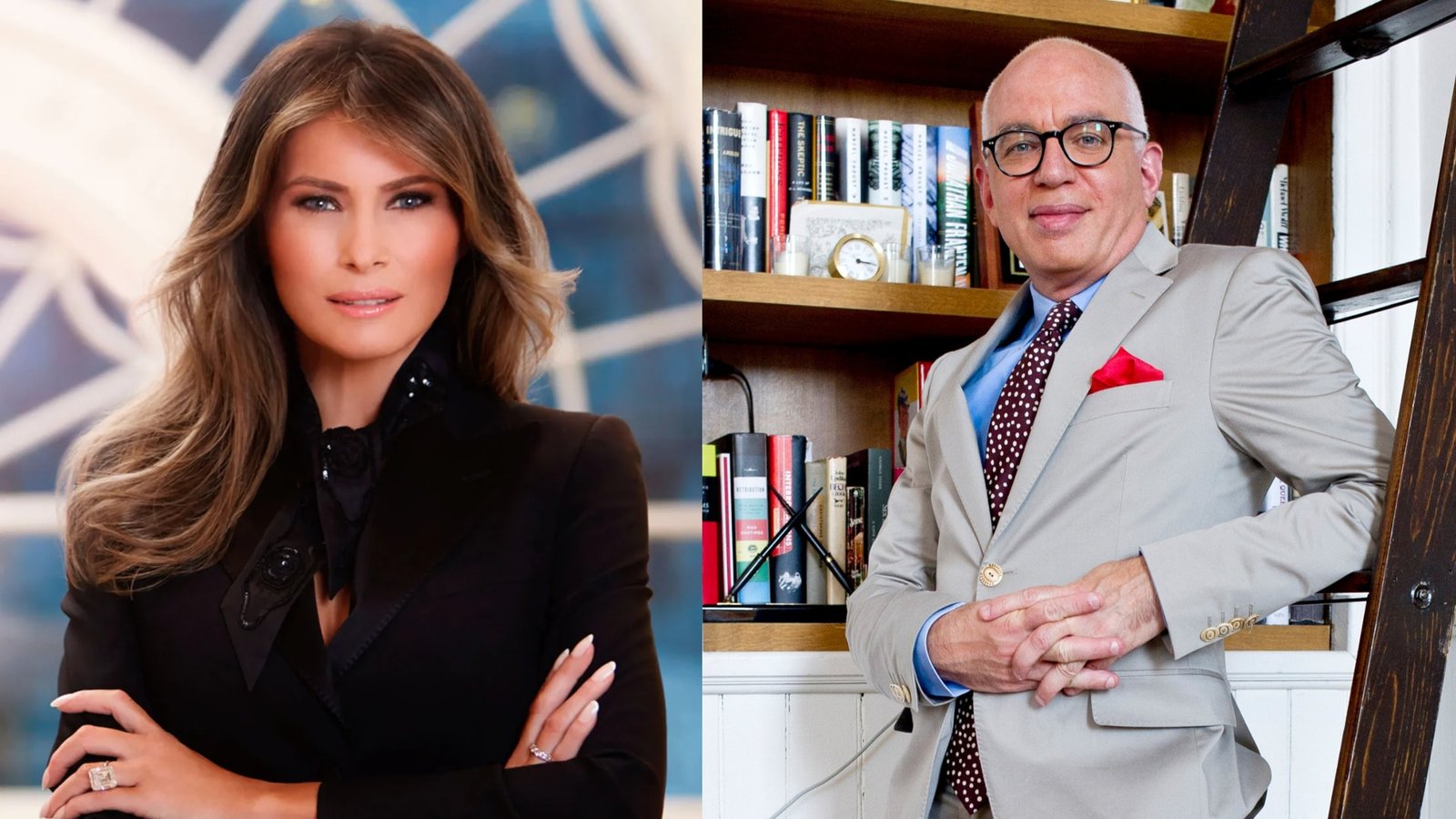



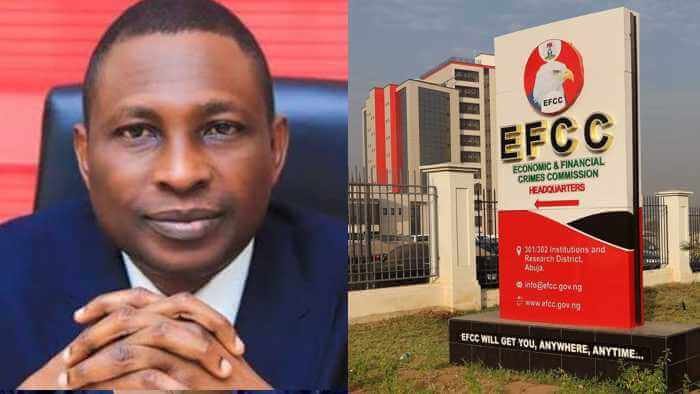
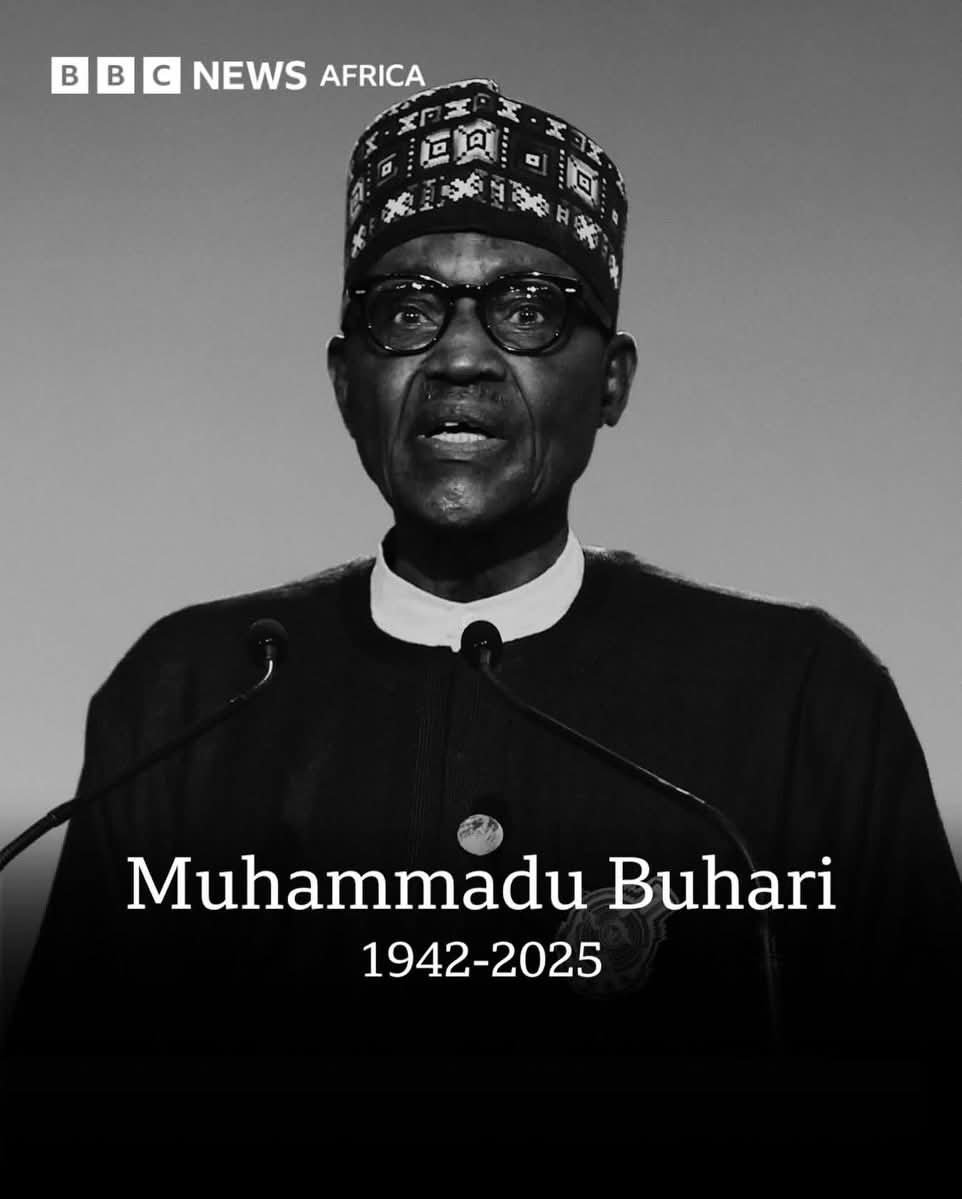

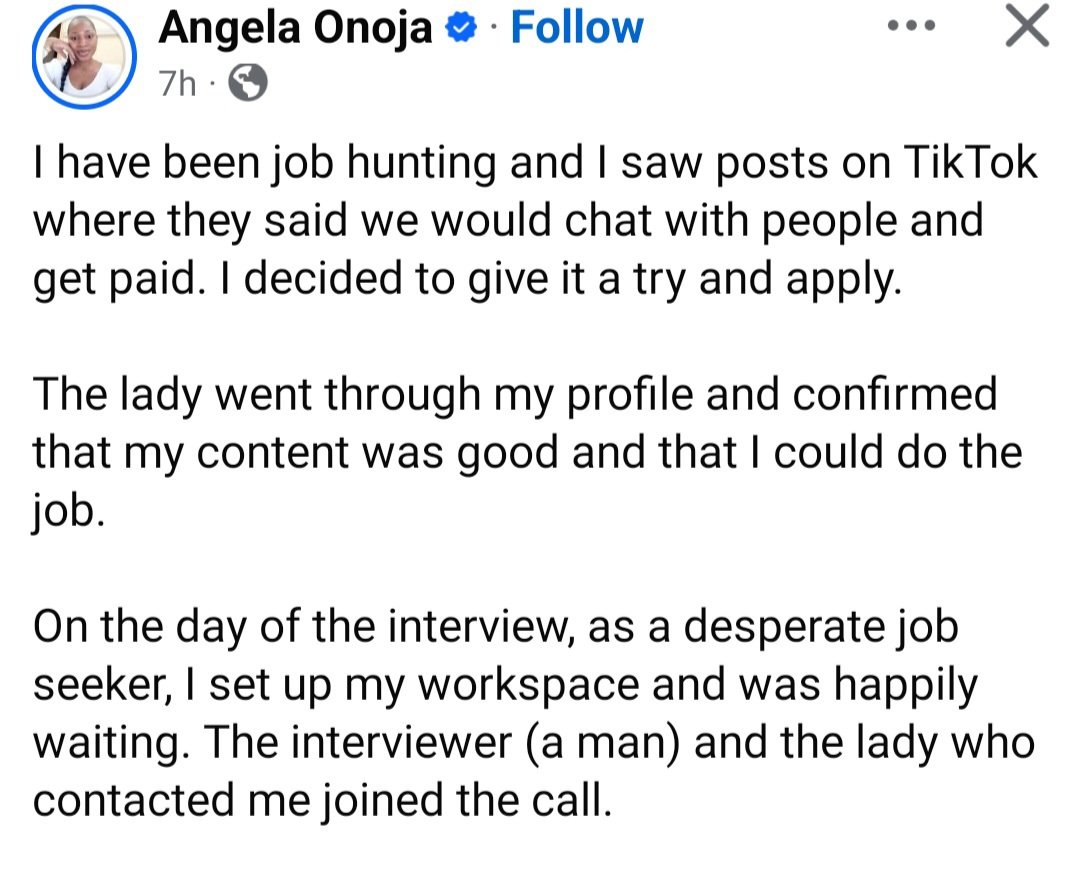
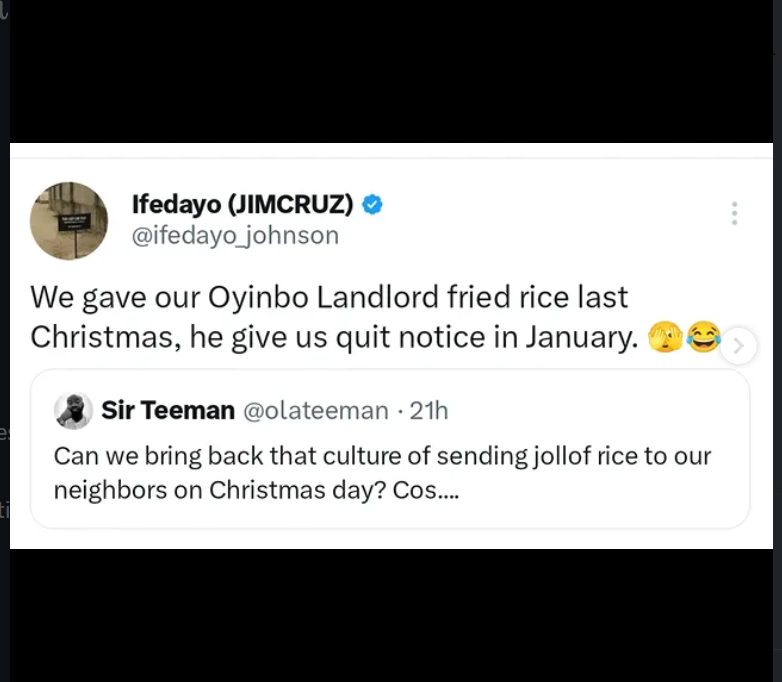


Comment on “Nigerian Woman Accused of Smuggling Baby into UK Using Fake Birth Story Linked to Baby Factory”